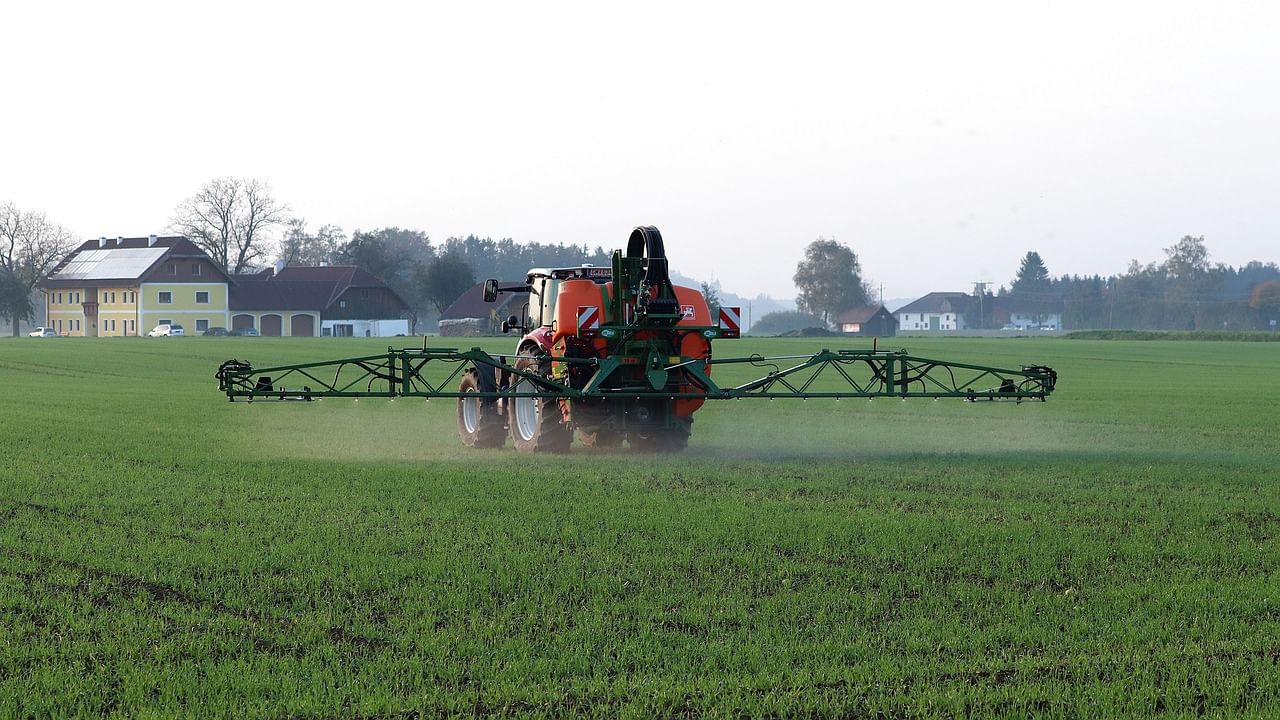
India is an agrarian economy, significantly reliant on agriculture for its livelihood and economic stability. The agricultural sector offers substantial employment opportunities, especially for youth pursuing courses in agriculture engineering. Over the past few years, agricultural engineers have spearheaded innovations to modernize farming practices through advanced research and technologies, promising exciting career prospects in this field.
Understanding Agricultural Engineering
Agricultural engineering is a specialized discipline that merges engineering principles with agricultural sciences to design and improve farming equipment, machinery, and processes. The primary objective of agricultural engineers is to enhance farming methods and productivity, leading to better crop yields and increased profits for farmers.
What Does a Career in Agricultural Engineering Involve?
Agricultural engineers work with advanced technologies to solve various challenges faced in the agricultural sector, such as resource management, crop production, and automation. They design innovative tools and systems that help in the efficient use of land and resources.
Eligibility Criteria for Agricultural Engineering Courses
To pursue a B.Tech in Agricultural Engineering, candidates must have completed their 10+2 education with a minimum of 50% marks in Science (Mathematics, Physics, and Chemistry). Following a B.Tech degree, students can opt for an M.Tech program, which spans two years. Additionally, candidates may choose a three-year diploma course in agricultural engineering post their 10th or 12th grade.
Admission Process for Agricultural Engineering
After completing 10+2 in Science, prospective students can appear for various entrance examinations such as:
- ICAR (Indian Council of Agricultural Research) Entrance Exam
- IIT-JAM (Joint Admission Test) for M.Tech
- IIT JEE (Joint Entrance Examination) for B.Tech
- MHT CET (Maharashtra Common Entrance Test) for B.Tech
- GATE (Graduate Aptitude Test in Engineering) for M.Tech
Course Fees for Agricultural Engineering
| Course Type | Private College Fee (₹) | Government College Fee (₹) |
|---|---|---|
| UG (B.Tech) | 1,00,000 – 12,40,000 | 36,000 – 10,58,000 |
| PG (M.Tech) | 60,000 – 12,50,000 | 24,000 – 4,44,000 |
| Diploma | 65,100 – 1,55,000 | 4,000 – 33,300 |
Career Opportunities in Agricultural Engineering
Careers in agricultural engineering are abundant in both government and private sectors. Graduates can work in various governmental organizations like the Food Department and research institutes. Private companies also recruit agricultural engineers for research and development roles. Furthermore, many agricultural engineers contribute to education and training in the agricultural field.
Job Profiles in Agricultural Engineering
The field of agricultural engineering encompasses numerous job profiles:
- Agricultural Engineer (CAD Specialist): Utilizes CAD technology to design agricultural equipment and machinery.
- Agriculture Field Officer: Works in rural banking areas, maintaining agricultural standards.
- Agronomist: Focuses on the health of crops and soil, adapting farming practices to climatic conditions.
- Food and Beverage Supervisor: Aims to improve food production and supply chain processes.
Salary Expectations for Agricultural Engineers
The starting salary for agricultural engineers can range from ₹4 lakh to ₹5 lakh per annum. With 4-6 years of experience, salaries may increase significantly, ranging from ₹6 lakh to ₹10 lakh per annum, depending on the specific role and organization.
Exploring a career in agricultural engineering not only enhances your professional prospects but also contributes to the advancement of sustainable agricultural practices that benefit society as a whole.
